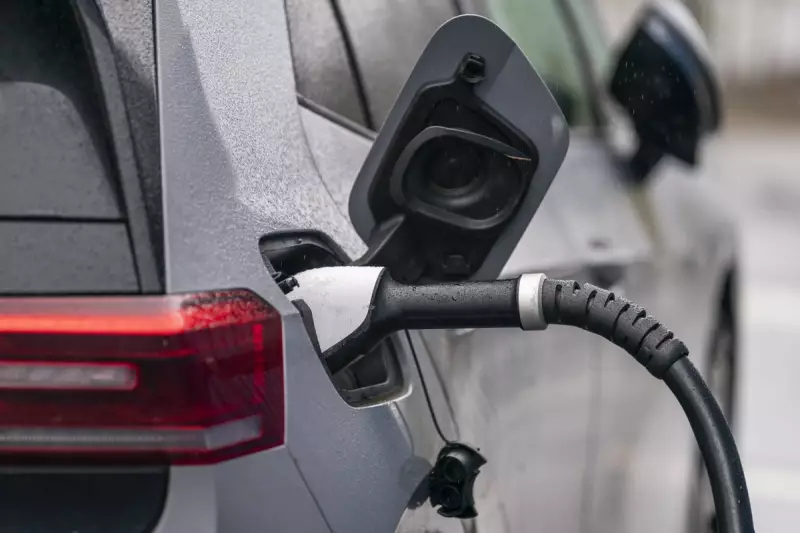
The Treasury is quietly preparing for a transportation revolution that could fundamentally change how every British driver pays for using the roads. As electric vehicles rapidly replace petrol and diesel cars, Chancellor Jeremy Hunt faces a multi-billion pound black hole in government finances that demands radical solutions.
The £35 Billion Problem
Fuel duty and vehicle excise duty currently contribute approximately £35 billion annually to Treasury coffers. This vital revenue stream funds everything from road maintenance to public services. However, as the 2035 ban on new petrol and diesel vehicles approaches, this income is rapidly evaporating.
The Office for Budget Responsibility has issued stark warnings about the growing fiscal gap. Their projections show fuel duty revenues declining by nearly 50% within the next decade, creating what experts describe as an "unsustainable financial timebomb" for public finances.
How Pay-Per-Mile Would Work
The proposed system would track vehicle mileage through one of several potential methods:
- GPS-based tracking monitoring actual road usage
- Annual mileage declarations verified during MOT tests
- Odometer readings submitted periodically to the DVLA
- Technology-based solutions using smartphone apps or black boxes
Rates would likely vary based on vehicle type, time of travel, and congestion levels, potentially charging more for peak-hour driving in urban centres.
Political Hot Potato
This proposal represents a political minefield for any government. Previous attempts to introduce road pricing have faced massive public backlash and protest movements. The Treasury must balance the need for revenue against potential voter anger ahead of crucial elections.
Environmental groups are divided—some see it as an opportunity to encourage public transport use, while others fear it could deter the switch to electric vehicles just as they're gaining momentum.
What's Next for British Drivers
While no formal announcement is expected in the immediate future, Treasury officials have confirmed that detailed modelling and consultation exercises are underway. The transition is likely to be gradual, possibly beginning with voluntary schemes or trials in specific regions.
Motorists are advised that the days of predictable annual road tax bills may be numbered. The future of driving taxation appears to be moving toward a usage-based model that could significantly change the cost calculations for millions of British households.






